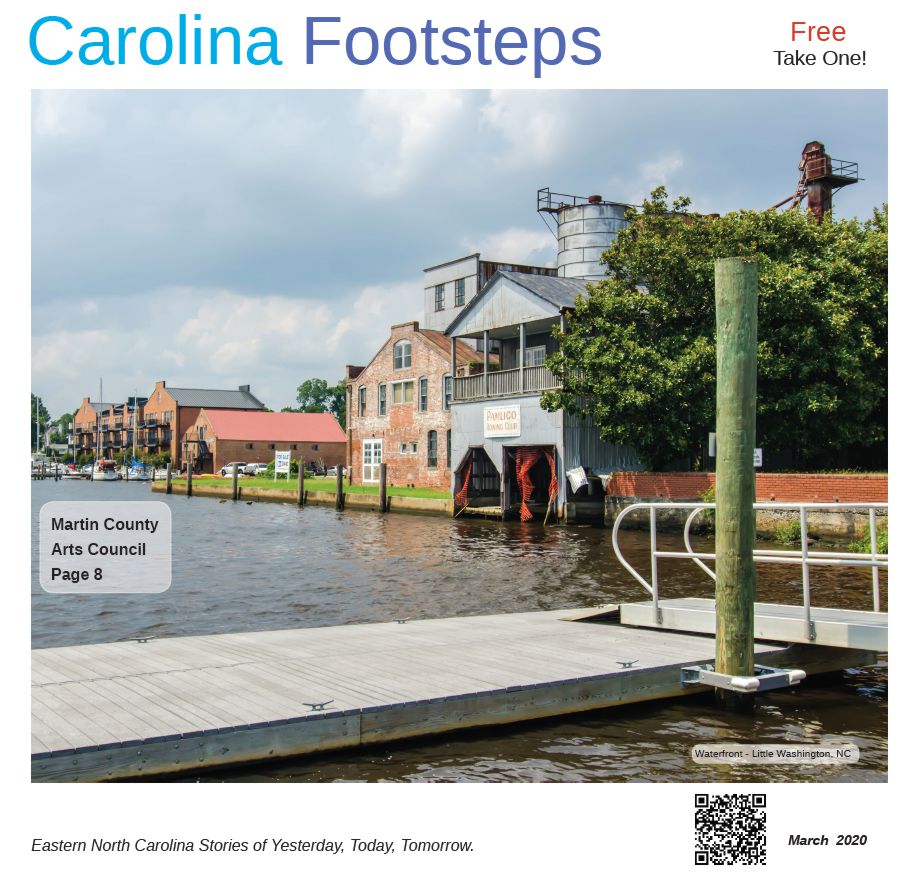This
is the second of a two-part series designed to assist you with your
estate planning. I found these suggestions most timely for my own
estate planning and believe that even if you are interested in only
one point from this list, those you leave behind will benefit.
-
Your will or trust disposes of your assets at your death. If the distribution is unusual (for example, you are omitting a child or leaving all your assets to a close friend), write a letter explaining the reasons for your decision. This letter may not only avoid a will or trust challenge, but it will allow people to understand how you were thinking so that your wishes may be carried out.
-
If there are disputes in the family or unresolved issues, write a letter of resolution or of forgiveness. It is difficult to understand the unrest and tension that is created by unresolved disputes. It is very sad to see a family divided, particularly when the reason for the misunderstanding or division has long passed from anyone’s memory.
-
If you are in a position to give cash or property during your lifetime, you may find that lifetime gifts to particular people will give you much joy and pleasure. Often times you will have more pleasure than the recipient. This also allows the giver to see what kind of response the gift elicits. Is there appreciation? Is the gift used wisely? Sometimes a gift during your lifetime will give you much insight into your perspective heirs use of an inheritance. This may even cause you to rethink your gifting plans.
-
Make sure that your plans to transfer assets after your death are not in conflict with other documents. Many gifts will be transferred outside of your will. These include annuities, pension plans, and insurance policies – to name a few. Also, joint accounts or jointly-held real estate and other property will go to named beneficiaries or surviving owners rather than pass through your will or trust.
-
If you have recently moved to North Carolina, please make sure to review your will and other estate planning documents. You may have named a child or friend who resided close to you as the executor or agent under a power of attorney. You may decide it is best to name a different executor or agent who resides near your new residence. Other important changes in circumstances such as marriage, divorce, or birth of a child or grandchild may lead you to review your will or trust.
I hope you will keep this article with your will or trust
instrument, and re-read it periodically as the need arises.
Getting Your House in Order – Part 2
 Reviewed by kensunm
on
7:00:00 PM
Rating:
Reviewed by kensunm
on
7:00:00 PM
Rating:
 Reviewed by kensunm
on
7:00:00 PM
Rating:
Reviewed by kensunm
on
7:00:00 PM
Rating:









No comments: